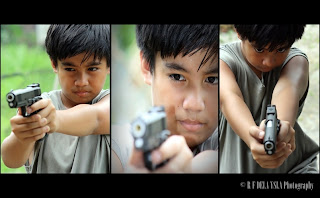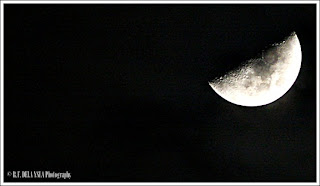
The shot above was taken with a relatively inexpensive, entry-level camera – the Canon 1100D. The image was published in E-bay Singapore's On-Line Catalogue. And yet –the publisher has never asked about the equipment used to take the photo before asking about uploading it on-line. And no buyer has requested information about equipment before making a purchasing decision.
Magazine, On-Line Shops and calendar companies are not interested in the equipment that was used to get the shot. They want high-resolution images for printing – they want to know the size of the image, and they want images that are sharp and free of noise. In many cases, an image will require up or down-sizing… but beyond a few technical specs, nobody (except other photographers) really cares what equipment you are using. It’s the photograph that matters. This shot below is highest selling image or should I say item – it was also taken with a Canon 1100D. Then again, an entry level DSLR.

As photographers, or in my case as a photo-hobbyist; our equipment is very visible… and common perception is that fancy equipment equals skill. A few years back a friend of mine brought his Canon 7D to a soccer field here in Singapore – with the impressive-looking 70-200mm lens attached. A photographer friend of ours introduced him to another parent, and added that “his photos were incredible”. To his surprise, the response from this man he had never met was, “I know” He thanked him for his kind words, and tried to figure out where he’d seen his work before… but it soon became apparent that he hadn’t seen it. His certainty that his photography was good was based solely on the fact that he was holding some beautiful equipment. Does fancy equipment make a good photographer? The fact is, most of the photos my friend had taken with that fancy lens are snapshots of the kids playing soccer – shots that certainly wouldn’t be considered fine art by anyone outside the immediate family! His primary lens is the Canon 10-22mm wide-angle lens. It’s a much smaller and less conspicuous lens… which can’t even boast the “luxury-series” designation from Canon. Have any of you had similar experiences? I’d be very surprised if you hadn’t.
What happens when you upload and create a photo album of your shots in your Social Networking sites? Have your Facebook or Google+ friends refuse to "LIKE" your work because it was shot with an “inferior” camera? Are you a better photographer because you own L-series glass and expensive camera equipment? ;)
Of course, more expensive equipment comes with advanced functionality… that’s not in question, here. However, if you are struggling with photography, you need to consider whether you are limited by the capability of your camera system – or by our own lack of knowledge about photography. If you are struggling with the fundamentals of photography – out-of-focus images, poor highlight control, uninteresting compositions, lack of knowledge of histograms and exposure adjustment, or poor image processing – then purchasing new equipment will not improve your work. Your money would be better spent on a good photography class. Look for classes taught through local camera clubs and look online for articles, tutorials, or discussion forums. Don’t be afraid to ask questions… and submit your work for critique as often as you can. When you are secure in the basics – when you know how to use your camera and can get the results you want with the equipment you have – THEN think about the limitations of your equipment.
In closing -- I have this to say; "new equipment will not make you a better photographer. only knowledge and experience can do that."























